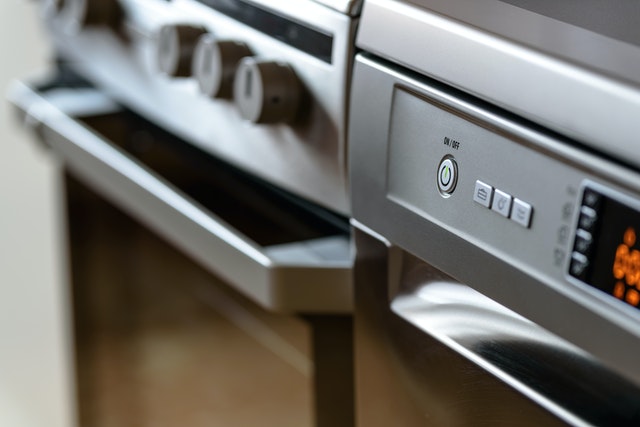When examining how often you use water, the answer is almost all the time. Getting a glass of water, taking a shower, washing your clothes all contribute to your water usage. When taking a 5-minute shower, about 15-25 gallons of water are consumed. However, there are a variety of ways that you can limit your water usage in the future.
Get a more-efficient washing machine:
Your washing machine is an appliance that uses a lot of water when used. As a result, the washing machine is a substantial contributor to affecting your water bill. When selecting a new washing machine, you should examine the labels that are on it. If you notice a WaterSense or Energy Star label on the machine, you should consider purchasing that machine. The machine will use up to 50% less water and energy from a load if it contains either of these labels. Furthermore, front-loading washers typically use less water than a top-loading machine, so keep this in mind when determining the machine best for you.
Replace your Faucets:
Some standard faucets can potentially use 30% more water than efficient faucets. Getting an efficient faucet is useful when conserving water and it can ease your water bill. You could also install an aerator in your tap instead, to reduce water flow. Overall, by replacing your faucets you could save thousands of gallons of water while also lowering your energy costs tremendously.
Use full loads only:
Loading up your dishwasher may sound like basic knowledge, but it can save you a lot of water. Washing dishes one by one, by hand, will use up more water than running a fully-loaded dishwasher. However, if you still wash dishes by hand, you should plug up the sink and use a washbasin.
Using full loads also applies to your washing machine. Since one rinse cycle can use up to five gallons of water, it is better to wait until you have a full load. An extra rinse cycle may also cause you to reduce the amount of laundry detergent that you use. This change can go a long way and lessen your water and energy bills, saving you a significant amount of money.
Limit and Investigate Leaks:
Leaks can be a prime source of water wastage, even if they are small. Small leakages such as a dripping faucet can be costly to your water bill. To prevent this, you should aim to stop the leak beforehand by using a leak detector. Many leak detectors today can notify you, or sound an alarm if your pipes are experiencing leakage. You could also use the eye-test to determine if a leakage has occurred. When you use this method, you should regularly check on all of your pipes. By doing this, you can recognize and prevent leaks before they get worse.
Avoid Throwing Things Out or Putting Them Down the Drain:
The average garbage disposal unit uses a lot of running water at once. These units and septic tanks can create a large volume of solids, which could affect your pipes in the long run. Starting a compost pile is a better alternative to this. The compost pile will save gallons of water while also acting as a method to improve your garden.
What should I do now?
If you have not already, you should try to implement all of these methods in your households. By doing so, you will save water and energy, which will benefit the environment and the cost of your bills.
